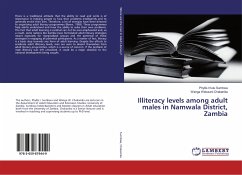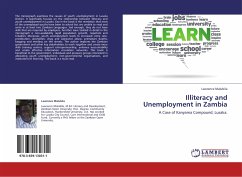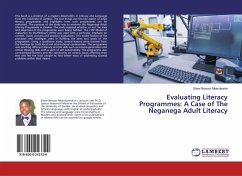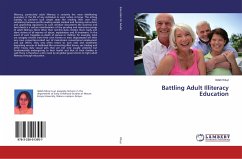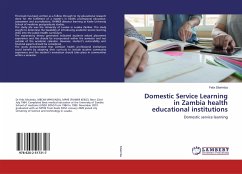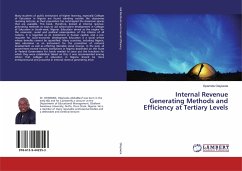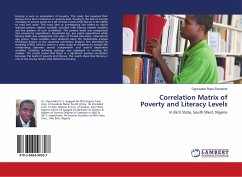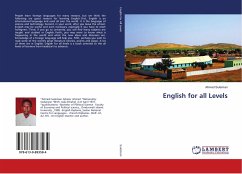There is a traditional attitude that the ability to read and write is of importance in helping people to face their problems intelligently and to generally enrich their lives. Therefore, a lot of energies have been directed to organizing adult literacy programmes (Bown, 1969). These programmes help adults understand and have the ability to solve their own problems. The fact that adult learning is cardinal can not be over-emphasized and, as a result, some nations like Zambia have formulated adult literacy strategies meant especially for marginalized groups and the potential of these strategies in engaging all potential participants. As a matter of fact, literacy is a basic step towards any form of adult learning. Despite the efforts to eradicate adult illiteracy levels, men are seen to absent themselves from adult literacy programmes, which is a source of concern. If the problem of male illiteracy was left untackled, it could be a major obstacle to the national development being sought.

